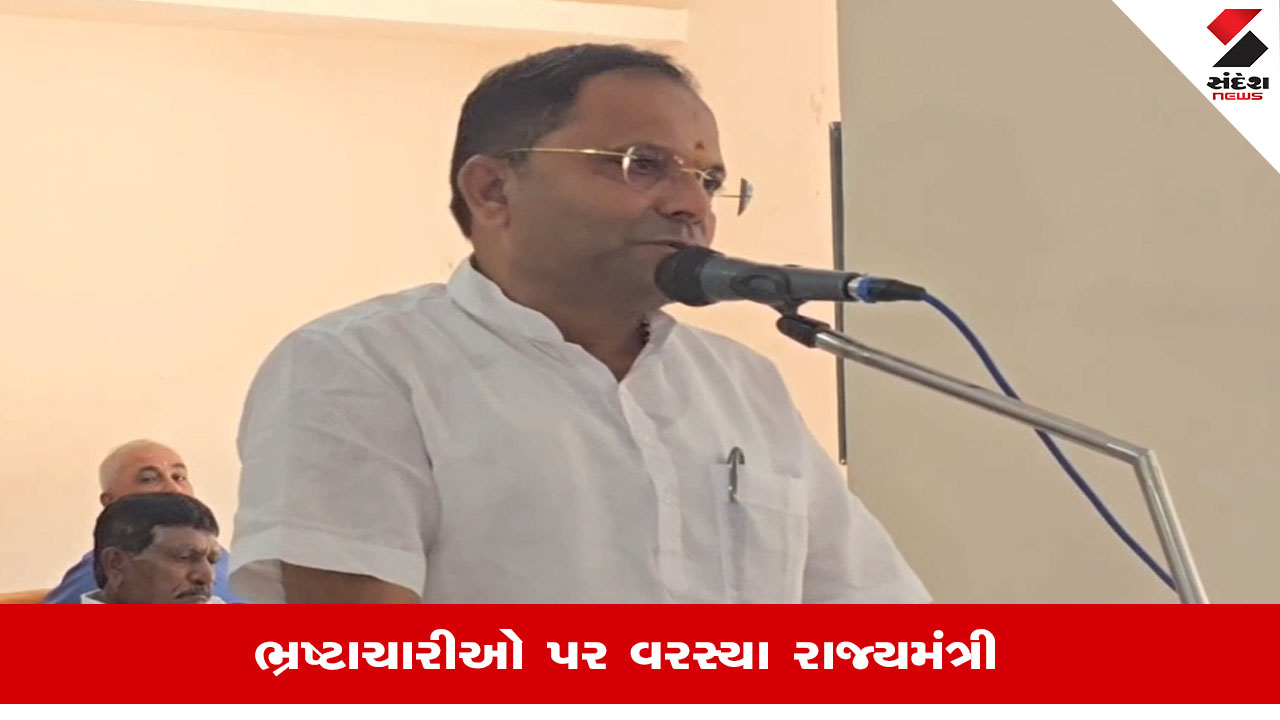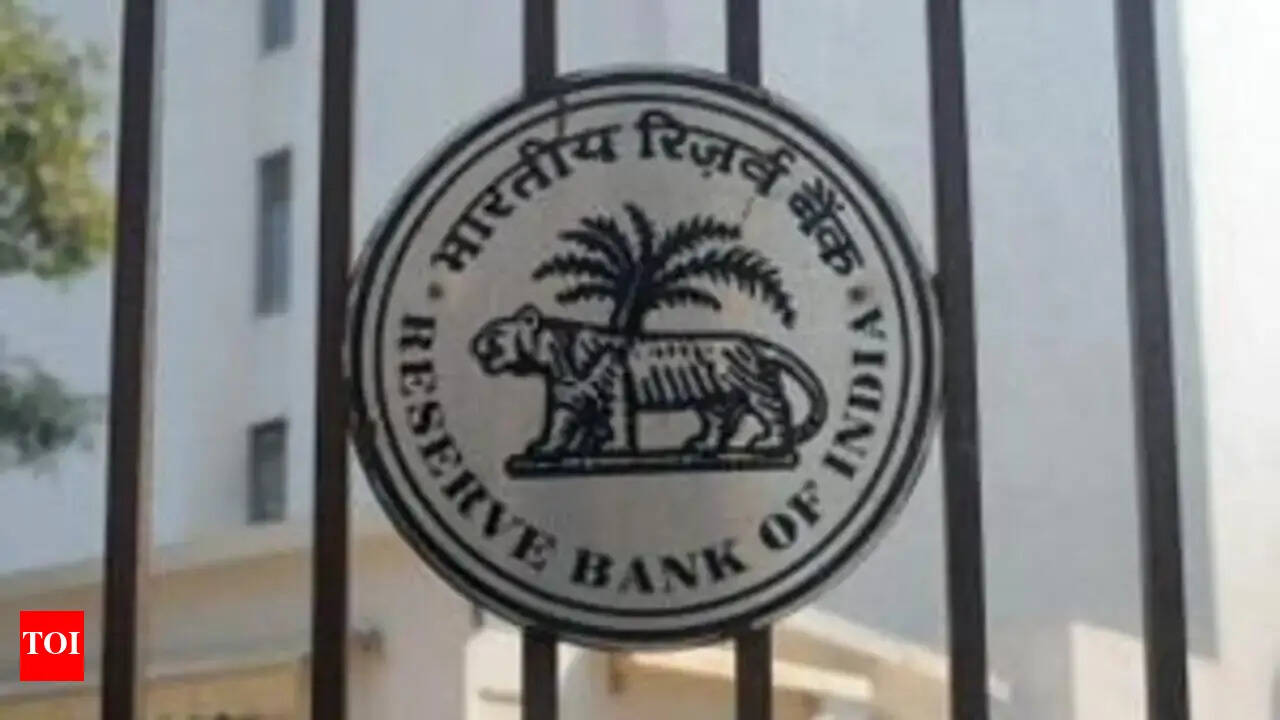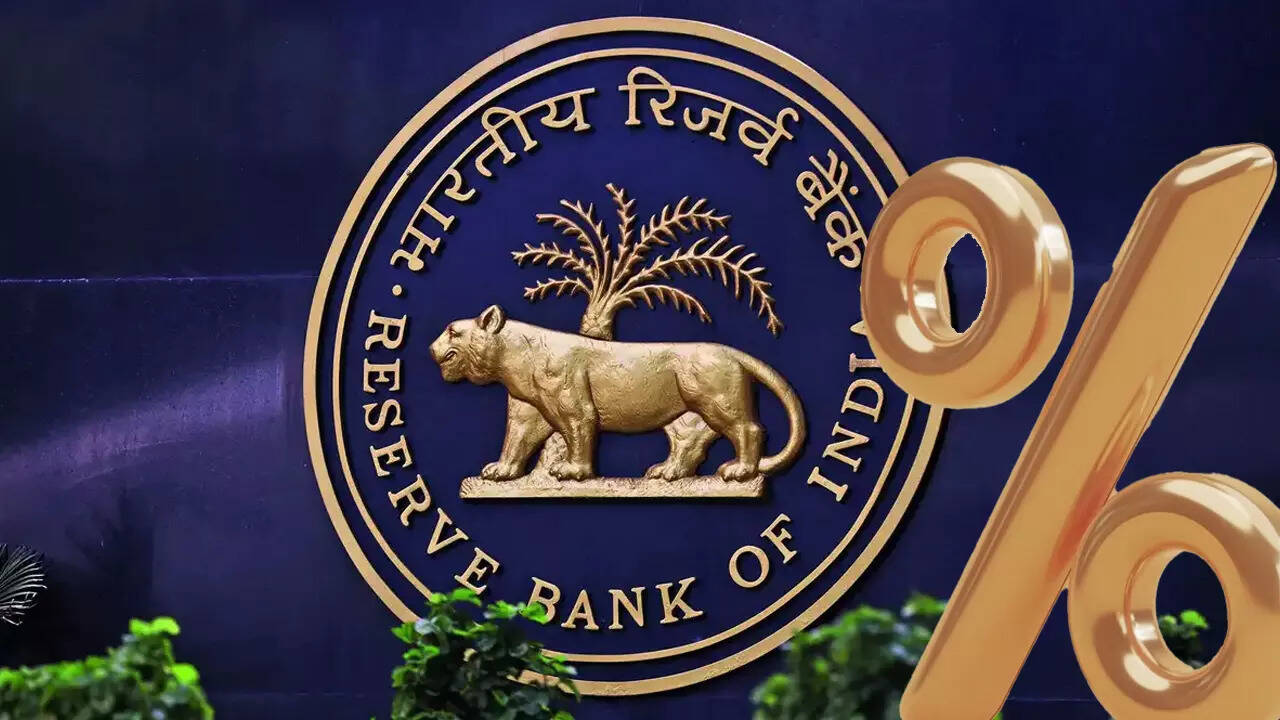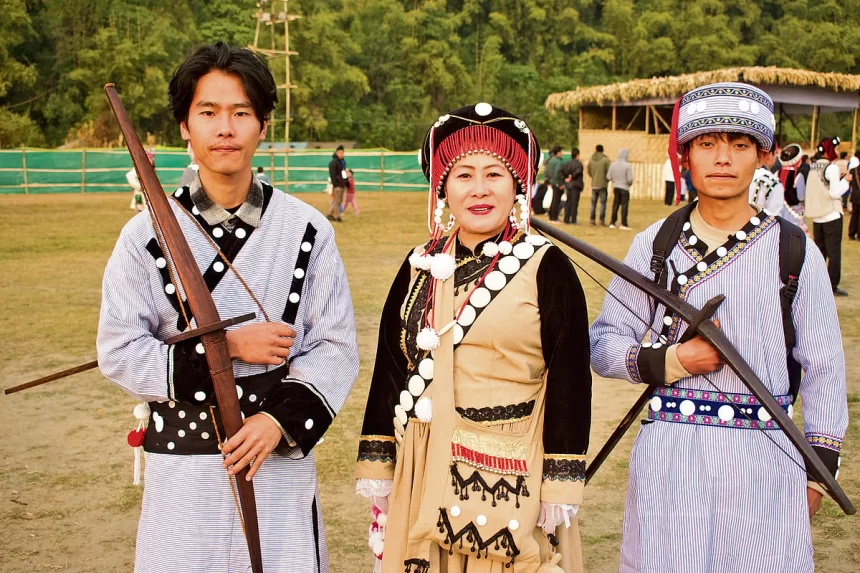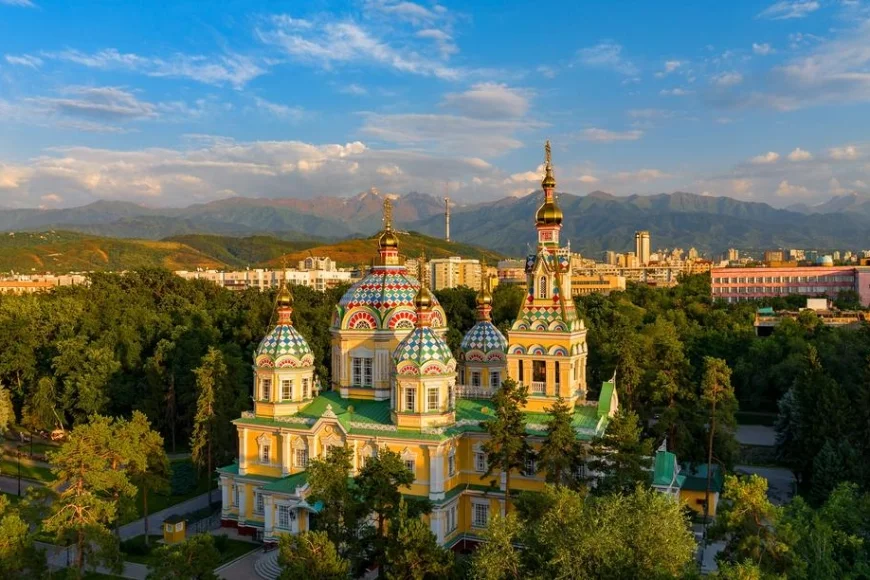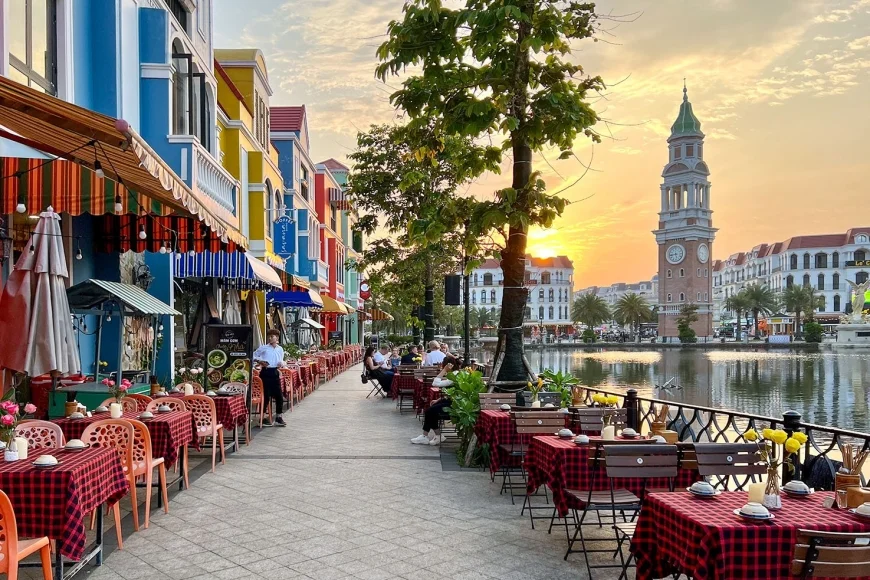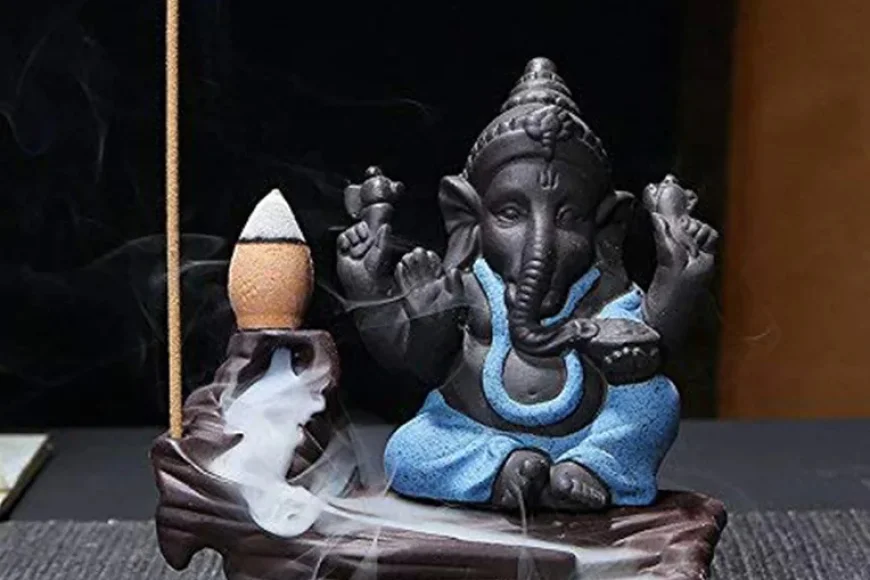How Hindutva’s politics of renaming burdens Indian Muslims with imaginary historical guilt

Join our WhatsApp Community to receive travel deals, free stays, and special offers!
- Join Now -
Join our WhatsApp Community to receive travel deals, free stays, and special offers!
- Join Now -

Maharashtra has been enflamed in recent weeks by deeply concerning rhetoric about the 17th century Mughal emperor Aurangzeb. On Monday night, violence was reported in Nagpur over demands that Aurangzeb’s grave should be demolished.
The attempts to obliterate the memory of the Mughal emperor are not new. In 2023, after a campaign that lasted decades, the city of Aurangabad was renamed after the Maratha ruler Sambhaji.
The Nagpur incident brings back into focus a Bombay High Court judgement last year and the Supreme Court’s refusal to intervene in a petition against it that could have been the opportunity to judicially resist the violent politics of renaming in India. Also lost was the chance to protect Muslims from being criminalised as historical perpetrators of violence.
On August 2, 2024, the Supreme Court dismissed a plea challenging the renaming of Aurangabad to Chhatrapati Sambhajinagar and Osmanabad Dharashiv.
The renaming had been proposed by the Uddhav Thackeray-led Maha Vikas Aghadi government and upheld by the Bombay High Court in a judgement in May 2024. This High Court judgement created an unusual line of reasoning around renaming of towns and cities in India, couching the polarising politics of renaming in the polite confines of judicial interpretation.
The judgement began with Shakespeare’s famous quote where...
What's Your Reaction?
 Like
0
Like
0
 Dislike
0
Dislike
0
 Love
0
Love
0
 Funny
0
Funny
0
 Angry
0
Angry
0
 Sad
0
Sad
0
 Wow
0
Wow
0






